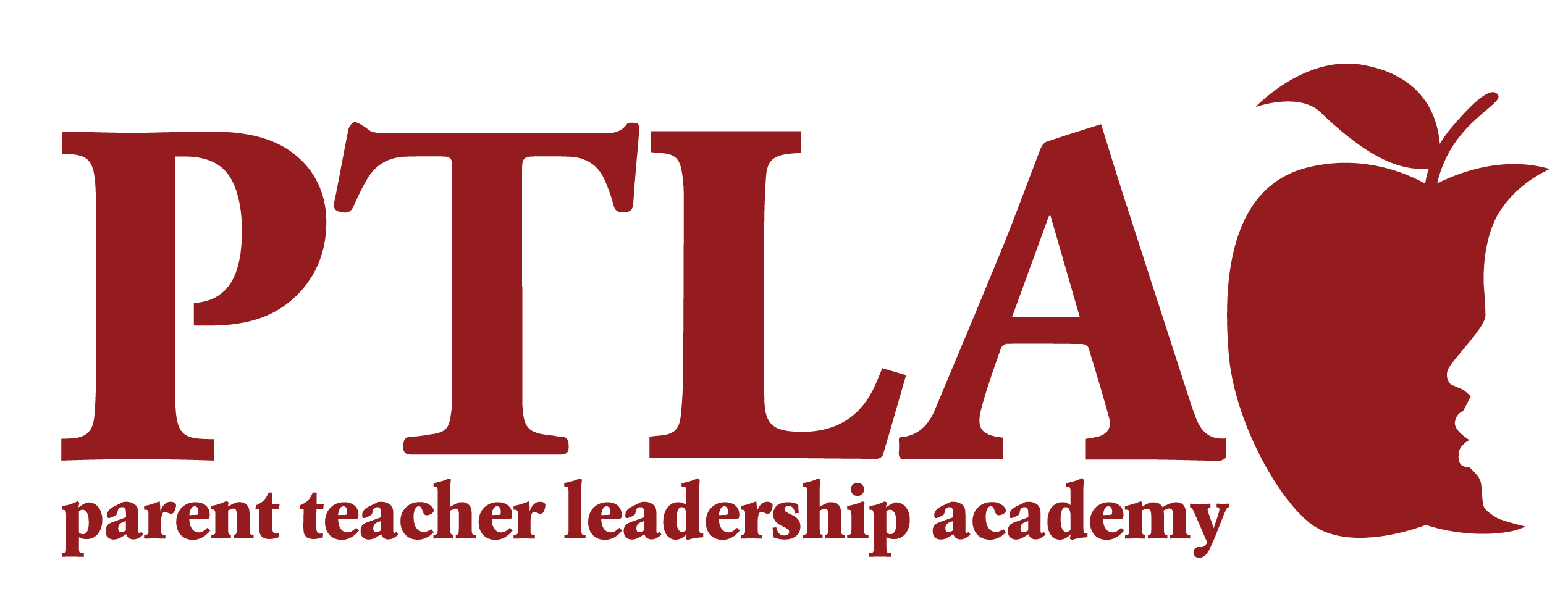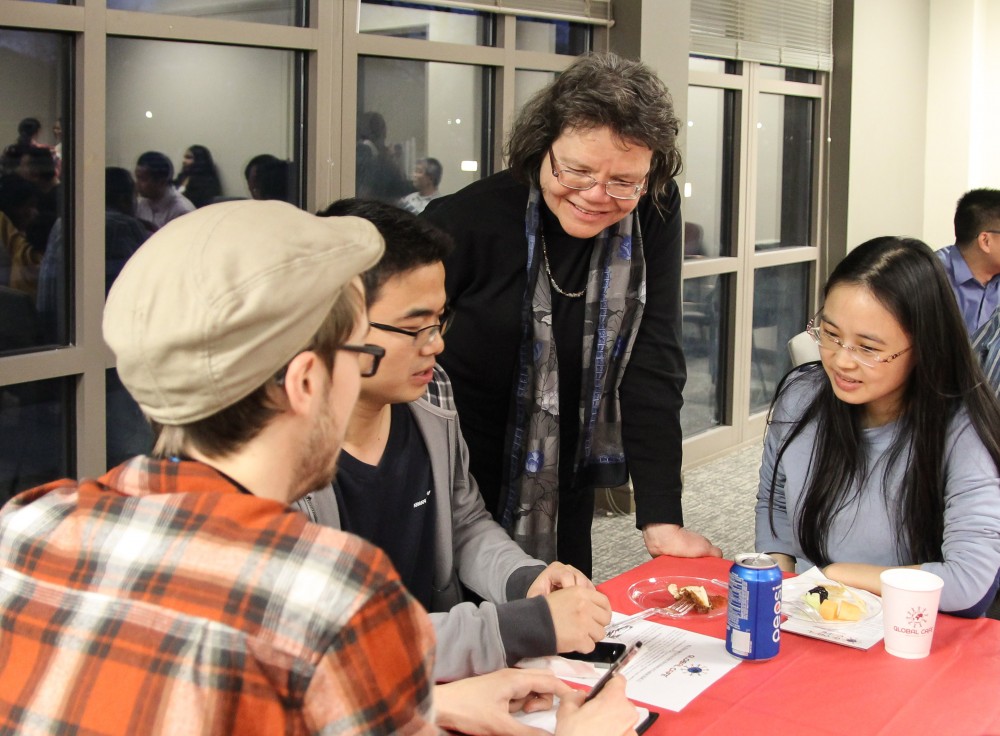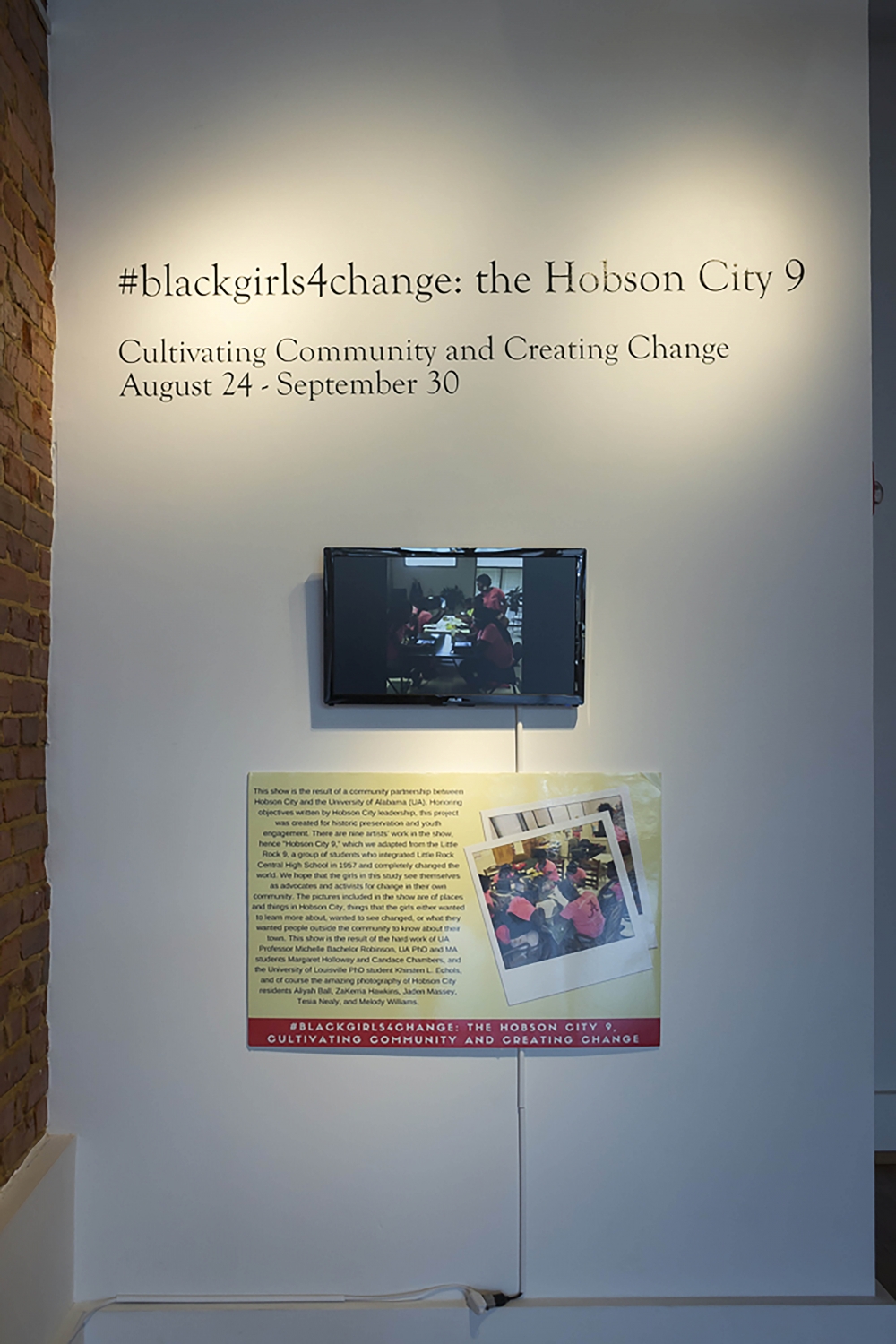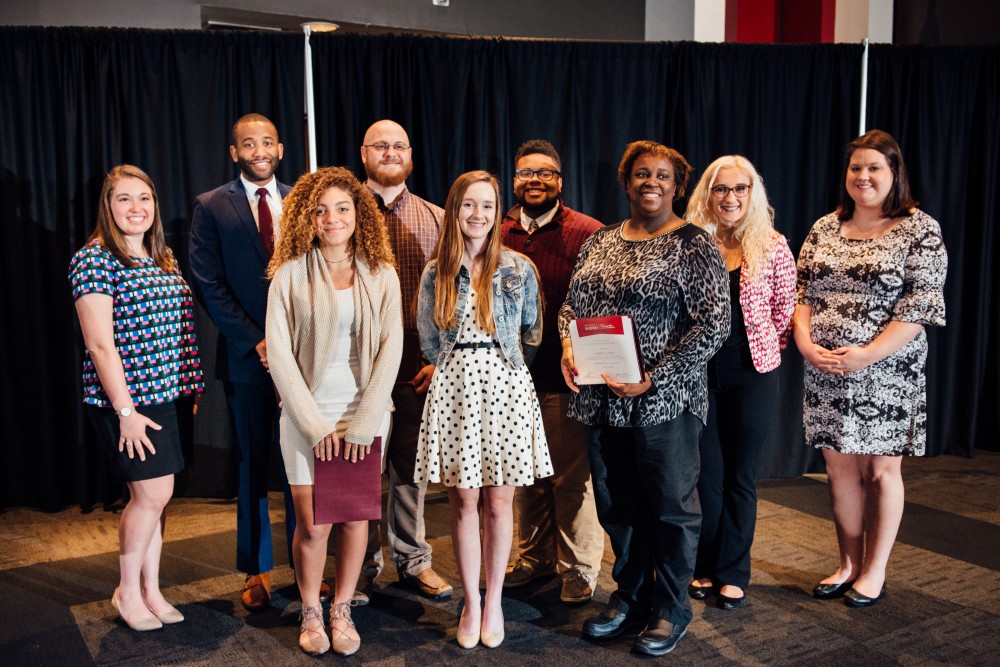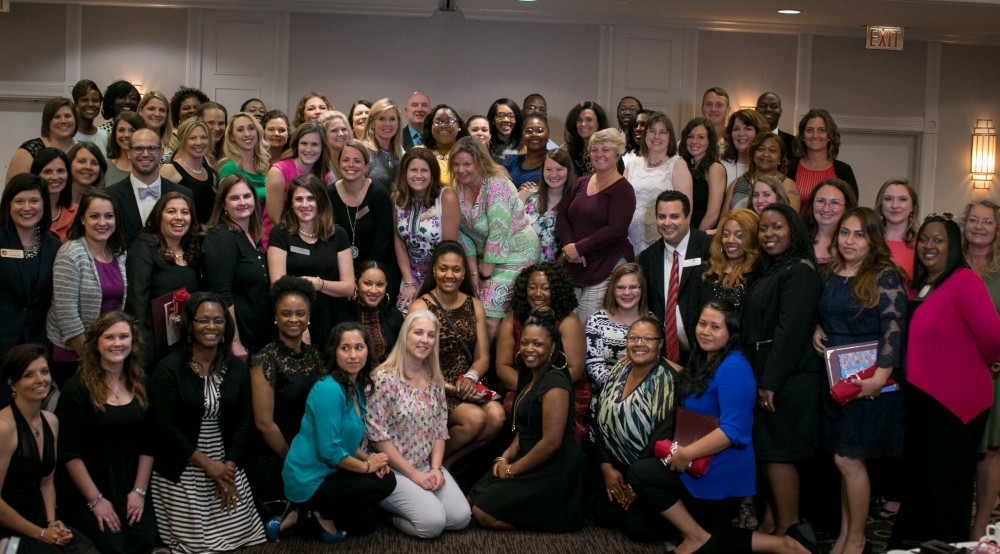Tuscaloosa, Ala. — The Council on Community-Based Partnerships (CCBP) held its final meeting of the academic year Thursday, April 6 in the Bryant Conference Center Birmingham Room on campus.
Dr. Peter Hlebowitsh, education dean and chair of the Council, opened the meeting and welcomed those present. He announced that his College now has a service-grant writer, which is helping raise awareness of the Council across campus.
Dr. Pruitt thanked Dr. Hlebowitsh for committing so much of his time to take over Dean Francko’s position as CCBP chair.
Pruitt went on to share that the Division of Community Affairs recently hosted the spring meeting of its Board of Advisors on campus. The Board is focusing on three core areas. They are student academic retention and success, student entrepreneurship and innovative initiatives, and student global and community leadership. Board members raised funds this year to support students studying abroad, as well as for student entrepreneurship and innovation. Additionally, they have worked with UA Admissions to assist with recruiting efforts, particularly in rural and underrepresented urban areas.
Pruitt also reported that Community Affairs is moving forward with the ACCESS program (see Feb. 16 meeting notes here for information on ACCESS), with plans to display through Google docs the work the CCBP Council is doing at the next Board of Advisors meeting in the fall.
Committee updates followed.
Dr. George Daniels, assistant communication and information sciences dean, announced that this year’s SCOPE Showcase will be combined with the annual CCBP Excellence Awards poster presentation and luncheon event. Additionally, Daniels said the Excellence in Community Engagement Recognition Committee has worked very hard to ensure that the CCBP awards program will be a top-notch event.
Dr. Jen Nickelson, chair of the Academic Conference and Presentation Support Committee, shared that her committee received some excellent travel award applications, four of which were ultimately awarded. She also encouraged applications for the next funding cycle, with that application deadline being Friday, Sept. 15.
Nickelson said the committee also received great poster applications and that there will be 26 posters presented this year at the annual CCBP Excellence Awards luncheon.
Ms. Amanda Waller, Community Partner Support Committee chair, said that Tuscaloosa’s One Place recently distributed a survey to non-profits throughout Alabama to try to figure out how to increase partnerships between universities and nonprofits. She reported that they have received some completed surveys and that she and her team are trying to move forward with a plan utilizing the results.
Updates from the Center for Community-Based Partnerships followed.
Dr. Beverly Hawk spoke to the Council about UA’s Fulbright Scholarship status. Hawk announced that UA has 13 winners for 2017–2018, with the status of three additional applicants pending. She shared that Capstone International will have a Fulbright Day Tuesday, April 11, featuring events for both students and faculty, and that details are available on the Crimson Calendar.
Emphasizing the benefits of a Fulbright Scholarship, Hawk reminded those in attendance that these students have the opportunity to travel overseas, to receive a stipend, and to have their federal student loans frozen during this time. Additionally, she said that most graduate programs will also give them a year’s leave if they wish to participate in Fulbright. She welcomes all applicants who may be interested in obtaining a Fulbright Scholarship in one of the 150 participating countries.
Dr. Jim McLean, CCBP executive director, reported to the Council on the 2016–2017 Grants and Sustainability workshop, from which there were well over $100 million dollars worth of proposals sent out and more than $1 million dollars of proposals already funded.
McLean announced that the workshop has been approved for 2017–2018 and will begin Thursday, Aug. 17 and Friday, Aug. 18 with a class covering government grants and corporate foundation grants. The series of three courses taught during the academic year will focus on evaluating grants within quality circles, doing the team-building required to make grants successful, and fundraising and the sustainability it takes to keep a grant moving forward
This class will be accepting from six to eight teams, plus individuals as space permits. There is a requirement to have one community partner and one university partner as your team leaders, and the final date for applications will be Friday, April 28. David G. Bauer will again lead these workshops. McLean encouraged those who know of interested individuals to contact him.
Reports on engagement scholarship in action followed.
Ms. Lane McLelland, director of the Crossroads Community Engagement Center, spoke to the Council about some of the efforts the Center initiates to create positive interactions among diverse individuals and groups.
During the past several years, she said, as people come to campus from many different paths, at times they simply don’t know how to interact with one another. The Center is utilizing programs that focus on communication, trust-building and relationship-building to help create positive interactions that promote people from different backgrounds coming together. Community service provides an opportunity that supports what they are doing, as does an interfaith soccer team. She stressed that following these types of activities, participants sit down to enjoy a meal together, where they can relax and talk to one another.
Additionally, the Center has created a Sustained Dialogue course that is modeled after the International Sustained Dialogue Institute. Student moderators are trained one day of the week, and then on Thursday of each week, they moderate a dialogue and discuss issues such as gender, LGBTQ, and non-binary discussions. Toward the end of the semester, they move into race issues. Through this course, they are learning together what works for building relationships to deal with hard topics around campus. The Center tries to support any groups who bring awareness of different cultural experiences to campus.
Another initiative of the Center is the Practicing Inclusive Engagement (PIE) workshops. During these workshops, facilitators do not take any presentations or handouts into the room. They just begin with games that work to engage who the participants are. They point out that there are different social identities throughout the room. They talk about intention vs. impact and focus on how to ask questions that promote understanding in dialogue, rather than just arguing with one another. The workshops can be tailored in topic and length to accommodate different groups, and their popularity is growing across campus and beyond. Each year, the Center teaches a class for resident assistants. Additionally, they work with Honors College mentors throughout each semester. They have even taken the workshops on the road to UAB, where they did a workshop for medical professors, and to First United Methodist of Birmingham, where they worked with that church to help members with the work they do in the community.
McLellan shared that Paige Bolden, a member of her staff, is working with the UA Career Center to introduce how important it is to have these dialogues and listening skills as professional skills. Additionally, McLelland is researching how to challenge racist practices on campus, as well as how to help people better understand each other through dialogue.
“Changing norms requires a lot more listening than most of us are comfortable with,” she said. The programs they are utilizing aim to capitalize on newly expanded communications skills — including listening — to help teach people how to come together to engage what we don’t know and what we aren’t comfortable with.
Dr. Jen Nickelson spoke about The Health Lab, a University/community partnership formed to address health issues in Holt, Alabama, and to provide opportunities for students to practice what they learn in the classroom through community-engaged scholarship. Nickelson explained that The Health Lab was begun with seed funds from the Council in 2015–2016, and that Holt was chosen because of its proximity to the University, as well as because there was interest from the community in working with the University.
The lab’s purpose was to create a partnership in Holt, a once-thriving community that was founded on industry and that was no longer thriving because of industries shutting down. People were already leaving to find other jobs when the April 27, 2011 tornado tore through Tuscaloosa County, completely destroying almost 250 homes, more than 100 mobile homes and seven churches, and leaving a path of destruction in its wake. Many of the residents of Holt were displaced following the tornado, and many of those never returned, accelerating the decline of the area.
Following the tornado, FEMA worked with community members on a long-term community plan that focused on housing, infrastructure and jobs. Noticeably absent in the recovery plan was a focus on health.
The first task was to create a needs assessment; then examine the feasibility of expanding this initial project not only in Holt, but elsewhere in Alabama, using it as a model in other low-income communities.
By 2015 the community was ready to start moving away from thinking about the tornado and looking toward the future. The residents loved the idea of The Health Lab and community members worked with students to draft a mission statement. Their first meeting, during which doctoral students worked with community members in team-building activities, took place in August 2015. The students also developed operating norms and bylaws, as well as interviewed community members to try to understand the history of Holt. The community knew they wanted to use a holistic approach to health and wellness to promote the health of the community.
The next steps will be the dissemination of the survey results to the community. Students want to work with youth to identify assets and change in structure/focus as they move toward addressing community-identified needs. The first two items of focus will be litter and diabetes. The longer-term dream is to open a student-run clinic in the community, perhaps in partnership with The University of Alabama Capstone College of Nursing, the University Medical Center, or the Maude Whatley Health Center.
Dean Hlebowitsh presented on behalf of Dr. Kagendo Mutua, the director of CrossingPoints, a program devoted to the education of adults with severe cognitive disabilities. The two-year program brings Tuscaloosa City and County school students ages 18–21, who are still receiving Individuals with Disabilities Education Act (IDEA) benefits, to CrossingPoints for nine months of the year. Students may have Down syndrome, be on the Autism spectrum, or have no communication abilities.
The program recently secured a $2.4 million grant that will help secure more resources by supporting some new graduate students and faculty members.
Hlebowitsh reported that Mutua is almost single-handedly moving this forward. He also spoke of Betty Shirley, the grandparent of a man who has Down syndrome, who has also been able to help with successes on the advancement front. Thanks to her help, CrossingPoints has $1 million dollars going into an endowed fund to help with program needs, such as the purchase of a handicapped-accessible van.
Looking to the future, CrossingPoints may be able to expand the program even further as they move to make it a tuition-based program that would be open to families across the country.
The three main things CrossingPoints seeks to accomplish are health, dealing with sexuality concerns and being job-ready. The program tries to get students employed with local establishments before they leave the program, which provides them with the dignity of work and a purpose in life.
Announcements followed.
The new faculty tours will take place May 10–12. The hope is to visit the social services and family services available in several of the communities in the Black Belt region of Alabama. The first day will include Greene, Hale, and Tuscaloosa counties. The next day will include Pickens, Sumter, Perry, and Marion Counties. The final day will include Wilcox, Marengo, and Dallas Counties.
The Eleventh Annual CCBP Excellence Awards luncheon will take place Friday, April 14 at the Bryant Conference Center, Sellers Auditorium.
The SCOPE Student Showcase will also take place on Friday, April 14, at 8:30 a.m. in the Bryant Conference Center, Sellers Auditorium. There will be poster presentations and a graduate and undergraduate panel of students speaking on how they have interacted with community engagement programs.
The Gulf South Summit will take place in Birmingham in March 2018.
The meeting was adjourned at 1:00 p.m.
The Council exists to connect faculty, staff, students and community partners in research-based projects designed to solve critical problems identified collaboratively by community members and the University. All academic disciplines, as well as a number of students and community members, are represented on the Council. The Council conducts an awards program, oversees project funding, proposes methods to integrate teaching and research and seeks outside funding, all with the goal of fulfilling the Division of Community Affairs’ motto: “Engaging Communities and Changing Lives.”
The Division of Community Affairs was created in 2004 and is recognized nationally and internationally for its leadership in community engagement. The division provided the leadership for the recent reaffirmation of the University’s Carnegie curricular and community engagement classification. The division publishes the Journal of Community Engaged Scholarship, one of the leading refereed journals in the field.
